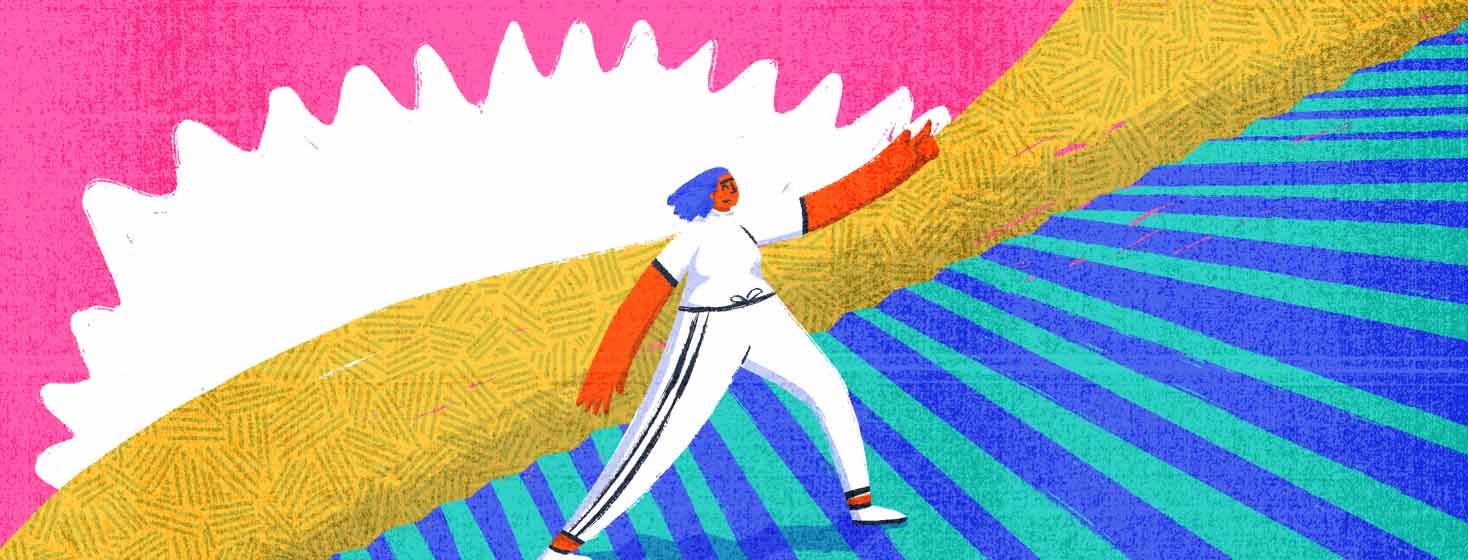New Year… Same Old Rare Disease
The holidays have finally passed. Now it is time to start preparing for the upcoming new year. Setting goals for personal improvement is something I like to do every year. It can be easy to look back on the past year and feel sad about what I've had to miss out on due to my condition, type 1 narcolepsy. It can be frustrating too!
For example, one of my goals this past year was to go on my first overnight backpacking trip. I was having health issues while training for this backpacking trip. I was only training a small portion of the distance and elevation gain of the actual backpacking trip, but my symptoms were getting the best of me. I ultimately decided that instead of going on my backpacking trip, I would visit a river and camp out of my car with my dog.
We had a lovely trip together, but I couldn't help but feel like a failure. I made a goal to go backpacking in 2022, and I didn't achieve it!
Focus on progress, not perfection
While I technically didn't go backpacking this year, I did a lot of hiking, camping, and general exploring of the beautiful Pacific Northwest. Years ago, when my narcolepsy was untreated, I never would have imagined that I could be doing these things – especially alone! When I take a moment to step back and look at my past year through the lens of how far I've come, it is easier to see the progress I have made along the way.
Even though I missed out on an activity that I enjoy, looking back on my decision, I am grateful that I could assess my needs at the moment and ultimately choose to put my health and wellness before my personal goals. It's harder to do this than it might look!
Take time to recognize your accomplishments
I recently journaled, listing accomplishments that I was proud of from the past year. It was an eye-opening experience. Once I took the time to really think about it, I realized that I have accomplished so much in 2022.
Living with a rare disease and setting personal goals
As I begin to make plans and goals for the new year, I remind myself to consider my needs. What kind of limitations do I expect my condition to cause?
Once I am able to answer this question, I can build my goals around my ability levels. Accepting my limitations has been a difficult thing to do, but I am better off for it in the long run.
Small, steady steps are most effective in building habits that result in life changes. These small steps can be modified to be as "bite-sized" as needed. If I fall off the wagon for a day (or a week), that's okay! I know I can come back to my small, daily steps that get me closer to my goal.
How do you take your disease into consideration when setting goals in the new year?

Join the conversation